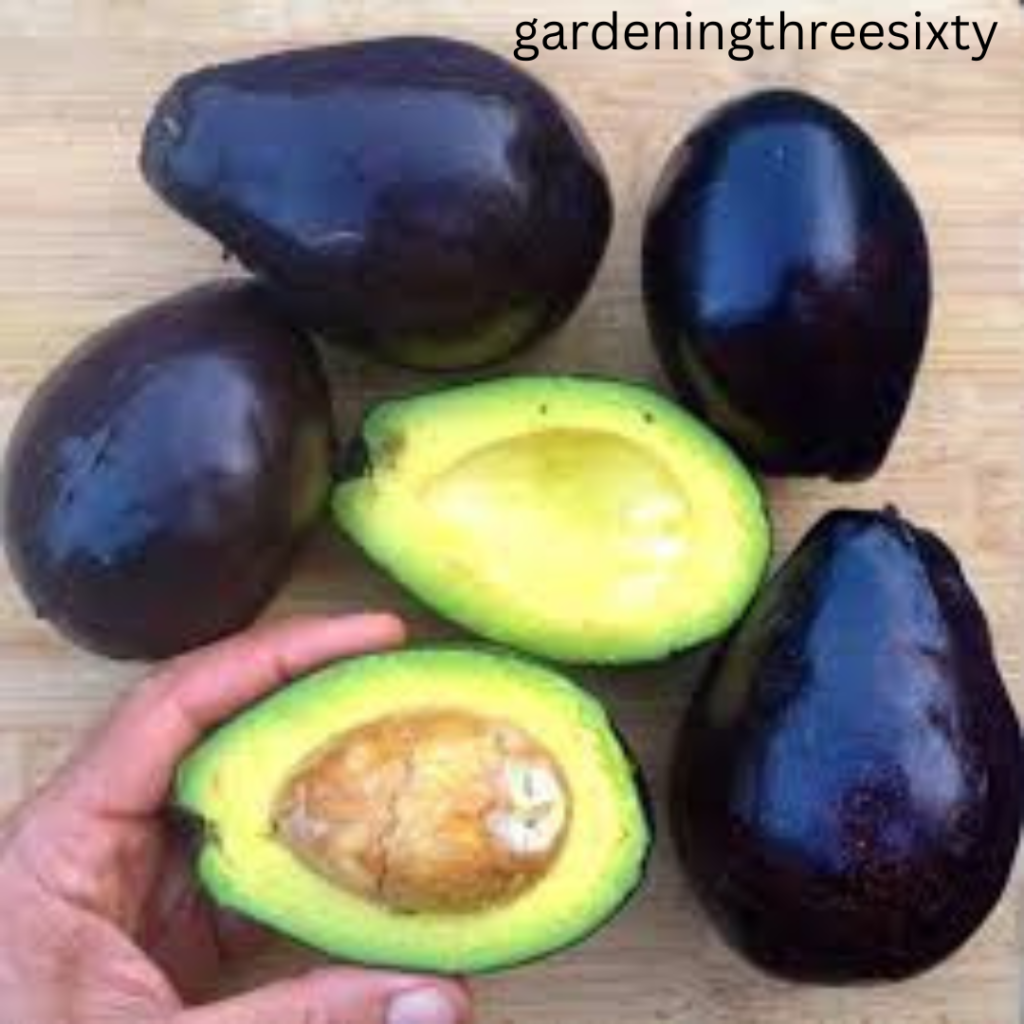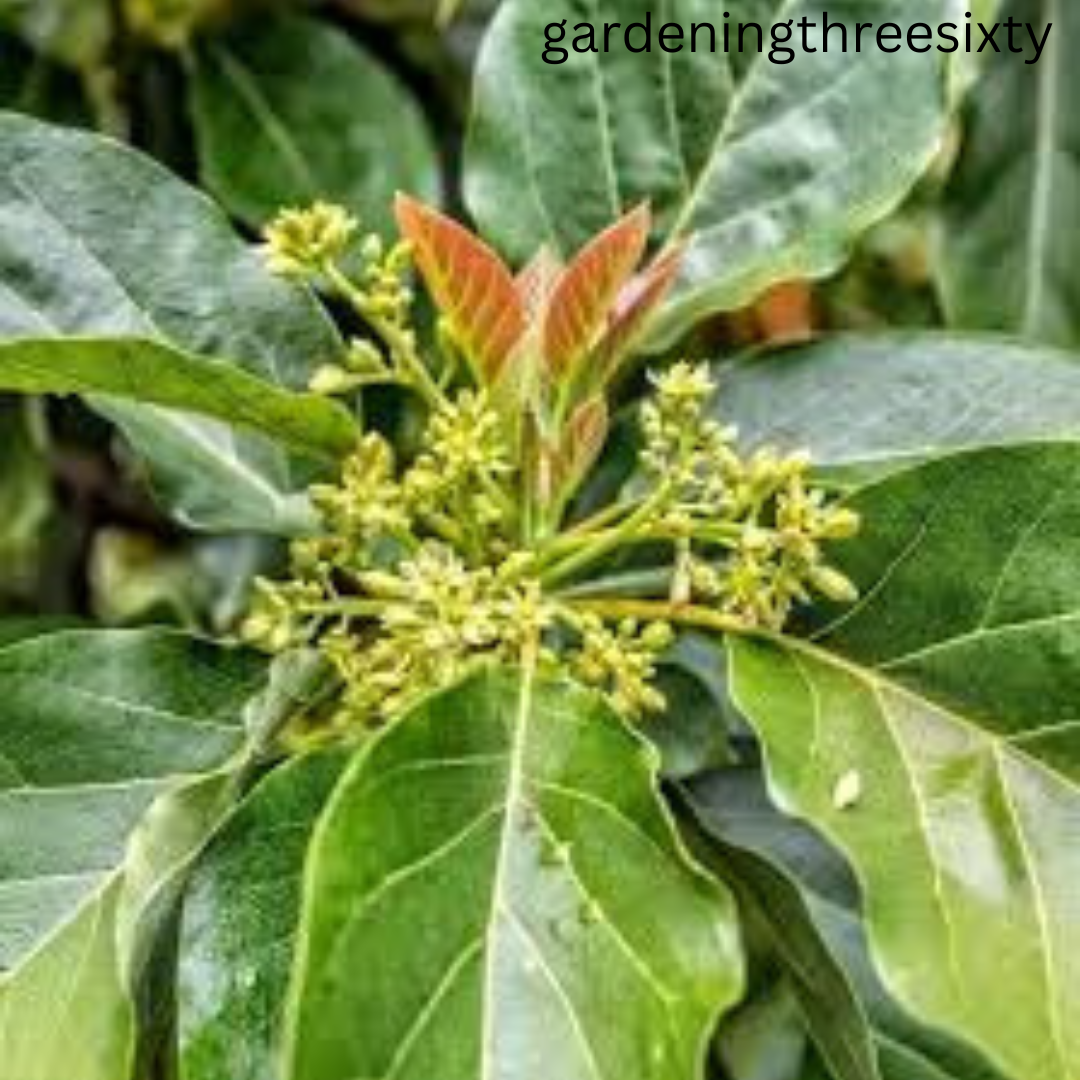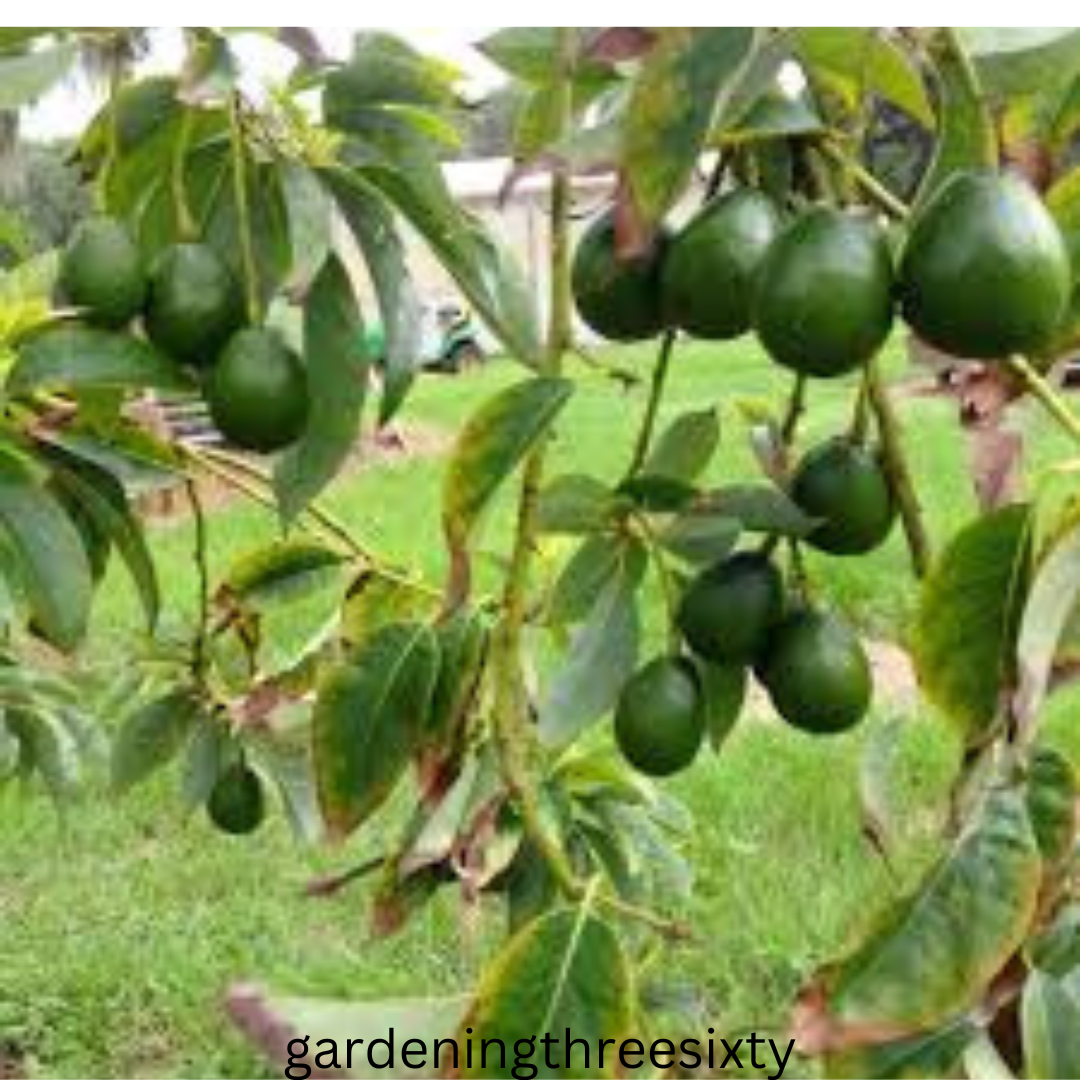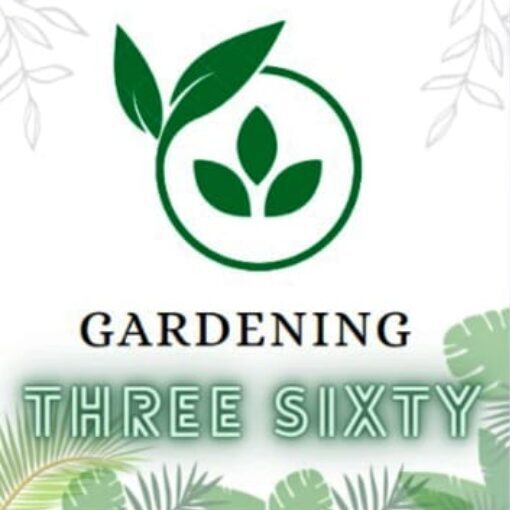Dreaming of enjoying fresh, delicious avocados straight from your own tree? Even if you live in a climate that’s typically considered too cold for avocados, there’s good news! Cold hardy avocado trees are a game-changer for avocado enthusiasts. Cold hardy avocado trees, also known as frost-tolerant avocado trees, are a species specifically bred to withstand colder climates, making them ideal for regions where traditional avocados struggle to thrive. These trees have gained immense popularity among gardeners due to their ability to produce delicious avocados even in areas with chilly winters.
Characteristics of Cold Hardy Avocado Trees

There are different characteristics of cold avocado trees
Cold Tolerance Levels of Cold Hardy Avocado Trees
Species of cold Hardy Avocado Trees
Plants, animals, and even insects all have varying levels of cold tolerance. For example, some frogs can survive having their bodies freeze solid, while humans can only withstand a certain amount of cold before succumbing to hypothermia. Avocado trees are known for their creamy, nutrient-rich fruits, but many people are unaware of the cold-hardy varieties available. Cold hardy avocado trees offer the opportunity to grow these delicious fruits in regions that experience colder climates, where traditional avocado trees may struggle to survive. In this article, we will explore the various species of cold hardy avocado trees, their characteristics, planting tips, benefits, challenges, and more.
Acclimatization of Cold Hardy Avocado Trees
Acclimatization of cold-hardy avocado trees refers to the process of gradually exposing these trees to colder temperatures to help them adapt and thrive in colder climates. This is particularly important for avocado varieties that are not naturally suited to cold weather, as it can help increase their chances of survival and productivity in colder regions.
Growth Habits and Sizes of Cold hardy Avocado Trees

Cold hardy avocado trees, unlike their tropical cousins, can tolerate lower temperatures. While they may not survive a harsh winter outdoors, they can thrive in places where traditional avocados wouldn’t. Here are some of the growth habits and sizes of different cold hardy avocado trees. Growth habits and sizes of Cold hardy avocado trees.
Mexican Varieties of Cold Hardy Avocado Trees
Mexican varieties are generally the most cold hardy, tolerating temperatures down to 15°F (-9°C). They tend to be smaller trees, maturing at around 15-20 feet tall. Del RioThis cultivar is considered the most cold tolerant of all the Mexican avocado varieties. It can handle temperatures down to about 15°F and still produce fruit the next season.
The fruits are small, weighing only 3-4 ounces, but they are reputed to have the richest flavor and highest oil content of all the Mexican types. Another Wilma Originally grown in Texas, Wilma is another Mexican variety known for its ability to withstand cold weather, surviving temperatures as low as 15°F.
Hybrid Varieties of Cold hardy Avocado Trees
There are a few hybrid varieties of cold hardy avocado trees that combine the best qualities of their parent species. These hybrids tend to be more cold tolerant than Guatemalan avocados, while still producing larger fruit than pure Mexican avocados. Brogden this avocado is a cross between Mexican and West Indian types. It is known for its exceptional flavor and texture, with a smooth, rich flesh. Brogden avocados are moderately cold-hardy, tolerating temperatures down to around 25°F (-3°C).
Wilsons wonders if this is another Mexican-Guatemalan hybrid that is known for its good flavor and productivity. Wilson Wonder avocados are slightly less cold-hardy than Brogdens, but they are still a good option for climates with occasional frosts. It’s important to remember that even cold-hardy avocado trees will need protection from prolonged freezing temperatures.
If you live in an area with harsh winters, you may want to consider growing your avocado tree in a container so that you can bring it indoors during the coldest months

Fruit characteristics of Cold Hardy Avocado Trees
Cold hardy avocado trees, unlike their more common tropical cousins, can withstand slightly cooler temperatures. This makes them a good option for gardeners in areas that don’t typically allow for avocado cultivation. However, there is a trade-off. The fruit of cold hardy avocado trees tends to be smaller and have different characteristics than the Hass avocados you might find at the grocery store.
The fruit characteristics of cold-hardy avocado trees grown in Paragpha, India, will depend on the specific variety planted. The size of the fruit can be smaller than commercially available varieties, typically ranging from 3 to 5 ounces (85-140 grams) though some varieties like ‘May’ can reach 4-5 inches (10-13 cm).
It’s important to note that cold-hardy avocado trees may take longer to mature and produce fruit compared to traditional varieties. Additionally, the specific growing conditions in Paragpha, such as temperature, rainfall, and soil type, can also affect the size, flavor, and quality of the fruit.
Flesh of Cold Hardy Avocado Trees
The flesh of cold-hardy avocado trees can vary depending on the specific variety. However, generally speaking, cold-hardy avocado varieties tend to have a creamy texture and a rich, buttery flavor similar to traditional avocados.
These avocados often have a slightly thicker skin to protect them from colder temperatures, but the flesh inside is still smooth and delicious, perfect for making guacamole, adding to salads, or enjoying on its own. The flesh of cold hardy avocado trees is generally considered to be superior to that of commercially grown varieties.
some varieties have higher oil content Cold hardy avocados tend to have a higher oil content, making their flesh richer, creamier, and more flavorful.
Benefits of Growing Cold Hardy Avocado Trees
Suitable for colder climates of hardy avocado trees There are a few varieties of avocado trees that are considered cold hardy, meaning they can tolerate temperatures down to around 20°F (-6°C) for short periods. These trees are typically of Mexican origin, and their fruit is usually smaller than the commercially available Hass avocado. Here are some of the most popular cold-hardy avocado tree varieties.
Mexicola of Cold Hardy Avocado Trees
This is a particularly hardy variety that can withstand temperatures down to 20°F (-6°C). It has a thin trunk, green leaves that smell like licorice when crushed, and produces small, dark purple avocados. The Mexicola is a variety of avocado trees that is known for their cold hardiness.
Mature Mexicola avocado trees can withstand temperatures as low as 18 degrees Fahrenheit, which makes them a good option for gardeners in climates that are not typically suited for growing avocados. The fruit of the Mexicola avocado tree is smaller than the fruit of the Hass avocado tree, but it has a flavor that is just as good. The fruit is also high in oil content, making it a good source of healthy fats.
Del Rio (Pryor) of Cold Hardy Avocado Trees
This variety is reputed to be the most cold-tolerant, handling temperatures down to 15°F (-9°C). It produces small, but flavorful avocados with a high oil content. The Del Rio, also known as Fantastic or Pryor, is a cold-hardy avocado tree variety that is prized for its ability to tolerate temperatures as low as 15°F (-9.5°C).
It is a pure Mexican avocado tree, meaning it has a higher oil content and richer flavor than some other cold-hardy varieties. The fruit of the Del Rio avocado tree is small, typically weighing less than 6 ounces, and has smooth, light green skin.
The flesh is pale-colored but has a very good flavor and high oil content. However, the fruit may sometimes develop cracks in the skin as it matures. The tree flowers early, as early as January in some regions, and produces fruit in the summer.
Wurtz of Cold hardy avocado trees
The only true dwarf variety, reaching only about 8-10 feet tall at maturity. It is only cold tolerant to about 25-26 degrees Fahrenheit but can be grown in containers and brought indoors during the winter. If you live in a climate that gets colder than 20°F (-6°C), you may want to consider growing your avocado tree in a container so that you can bring it indoors for the winter. You can also protect your tree from frost by covering it with a sheet or burlap cloth on nights when a frost is expected.
Year-round Harvest Potential of Cold hardy Avocado Trees
There isn’t a cold hardy avocado tree that will give you fruit year-round. Avocado trees have what’s called an “alternate bearing” habit, where they have heavy and light crop years. This is true even for most tropical avocado varieties. However, some cold-hardy varieties do tend to have a longer harvest season than others. The ‘Mexicola’ avocado, for example, ripens in September and is known for its reliability in producing a decent crop (around 30 pounds) most years.
If you’re set on having avocados year-round, your best bet is to plant multiple trees of different varieties that ripen at different times of year. This way, you’ll have a more consistent supply of fruit throughout the season. Seasonality of avocado trees, despite the variety, tend to have specific fruiting seasons. Even the cold-hardy varieties like Mexicola have a harvest window, typically in September. Alternate bearing is another factor affecting year-round harvests is alternate bearing.
This is a common phenomenon in fruit trees where a heavy fruiting year is followed by a lighter one or even no fruit at all. So, while cold-hardy avocado trees are a great option for extending the avocado growing range, they won’t provide a continuous supply of fruits throughout the year.

Health Benefits of Cold Hardy Avocado Trees
One of the primary benefits of growing cold hardy avocado trees is their suitability for colder climates where traditional avocado trees struggle to survive. These trees offer the potential for year-round harvests, providing a consistent supply of fresh avocados. Additionally, avocados are known for their numerous health benefits, including being rich in healthy fats, vitamins, and minerals.
Cold hardy avocado trees produce avocados that boast the same health benefits as regular avocados. These fruits are a rich source of healthy fats, particularly monounsaturated fats. They are also a good source of fiber, vitamins (like vitamins E, K, C, and B vitamins), and minerals (such as potassium).
The monounsaturated fats in avocados can help to lower LDL (bad) cholesterol and raise HDL (good) cholesterol. This can help to reduce the risk of heart disease and stroke. Nutrient absorption is another benefit of avocados can help the body absorb important nutrients from other foods.
How to Grow Cold Hardy Avocado Trees
Cold hardy avocado trees, while tougher than their tropical cousins, still require some specific care to thrive.
Planting of Cold Avocado Trees
The planting process for cold hardy avocado trees is similar to planting most trees, but with a focus on ensuring good drainage and choosing the right location. Timing of the Plant your tree in spring or summer when the ground is warm.
The factor of location is to Pick a sunny spot with at least 6 hours of direct sunlight daily. Protection from strong winds is ideal. The south side of your house can provide some shelter. The other most important factor in growing this tree is soil the avocado cold hardy avocados prefer well-drained soil, like sandy loam or loamy soil. Clay soil isn’t suitable.
Planting Steps for Cold Hardy Avocado Trees
Dig a hole 2-3 times wider and slightly deeper than the pot your tree came in. Gently loosen the roots of your tree if it’s root-bound. Place the tree in the hole so the root ball sits slightly above the surrounding soil level. Fill the hole with soil and tamp it down gently. Water the tree thoroughly.
Care of Cold Hardy Avocado Trees
The first step for care of this tree is to water your young tree weekly during the first year. Established trees are drought tolerant but appreciate deep watering during dry spells. Avoid overwatering, as cold hardy avocados don’t tolerate soggy soil.
Feed your tree a balanced fertilizer formulated for citrus or avocado trees following package instructions. Most cold hardy avocado varieties are self-pollinating, so you only need one tree. However, having two trees of compatible varieties can improve fruit yield.
Winter protection in areas where temperatures dip below 20°F, you may need to protect your tree during winter. Wrap the trunk and branches with burlap or frost cloth. You can also cover the root zone with mulch.
FAQ’s
What is the most cold-tolerant avocado tree?
The most cold-tolerant avocado tree is the ‘Del Rio’ (also known as ‘Pryor’). It’s a Mexican-type avocado that can withstand temperatures down to about 15°F (-9.5°C). While the fruits are on the smaller side, weighing only 3-4 ounces, they are reputed to have the richest flavor and highest oil content of all the Mexican types.
What is the best avocado tree to grow?
There isn’t one single “best” avocado tree, as the ideal variety depends on your climate, available space, and desired fruit characteristics. Here are some popular choices to consider, each with its strengths.
Which country avocado is best?
There’s no single “best” avocado country, as it depends on what you prioritize. Here’s a breakdown of some top producers, Mexico, and Peru are the dominating countries are the best.
Which avocado variety is best?
There isn’t one single “best” avocado variety, as it depends on what you’re looking for! Here’s a breakdown of some popular types to help you decide. Hass Avocado, Reed Avocado, Fuerte Avocado, Pinkerton Avocado, and Zutano Avocado are the best varieties in the world.
Conclusion
In conclusion, cold hardy avocado trees offer a rewarding gardening experience for enthusiasts in colder climates. Their ability to withstand low temperatures, consistent fruiting, and nutritional value make them a valuable addition to any garden. By understanding their unique characteristics, providing proper care, and addressing potential challenges, growers can enjoy a bountiful harvest of delicious avocados.
Also, read
